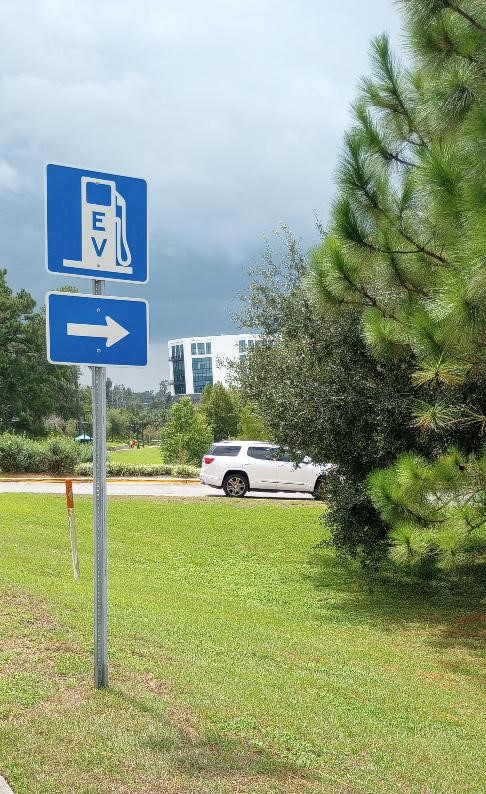
The City of Tallahassee has a goal of being “net neutral” by 2050, Mayor John Dailey told WTXL. Last year, the city heard from an independent consulting and engineering firm to identify the best way to accomplish this goal.
The firm created the Energy Integrated Resource Plan (EIRP), which evaluated operational cost, sustainability and adaptability of city resources.
This resulted in solutions for both the city and consumers. A diagram can be found on the city’s website on its “Clean Energy Roadmap for Our Community” page. In this diagram, several solutions are represented.
For the city, the plan included large-scale solar for utilities, bio-power (meaning fuels made from plants) and wind-powered energy.
On the consumer side, the plan encouraged home-powered solar panels, renewable energy credits and electric vehicle adoptions.
Fast forward to 2023, where the city received $35 million in grants for the south side transit center. It also went towards the transition from gas-powered city buses to electric buses. But it didn’t stop at the buses. Nationwide there have been numerous bills and incentives for homeowners and drivers willing to trade in their gas-powered vehicles for electric cars.
In 2021, Congress passed the Bipartisan Infrastructure Law, which designated $109 billion for federal public transportation programs. This included metro transit upgrades, road and highway improvements, job creation and equitable transportation.
Across the nation, there are people who don’t have access to affordable and reliable transportation options. Either the transportation is too far away, too expensive, or there are not enough buses and trains to accommodate the population.
According to USA Today, President Joe Biden said to a group of 800 people, “Today, we’re finally getting this done. My message to the American people is this: America is moving again, and your life is going to change for the better.”
Since then, Tallahassee has transitioned many of its “light duty” city fleet vehicles to electric. The city has also transitioned many StarMetro buses to electric, with a goal to be “no or low-emission” by 2035.
Biden’s law is still funding projects in Tallahassee. This year, city leaders applied for a $15 million grant from the bipartisan infrastructure law. The grant will fund 80% or $12 million towards building three new electric vehicle charging stations, while
$2 million will come from city funds, upon approval.
On any given day, a resident can visit the packed charging stations full of everything from a Tesla to an electric jeep. So much so, it appears difficult to even get a spot within the city limits.
If someone were to look for a spot, they’d have to arrive early, or they will be forced to go without a charge.
The three additional stations slated to be built can help support electric vehicle owners.
Florida is second in the nation with electric vehicle registrations, according to the Department of Energy. The DOE reports almost 255,000 electric vehicle registrations. Tallahassee ranks among the top 10 most populous cities in Florida, which could easily justify the millions the city has received regarding its plan to be “net-neutral” by 2050.